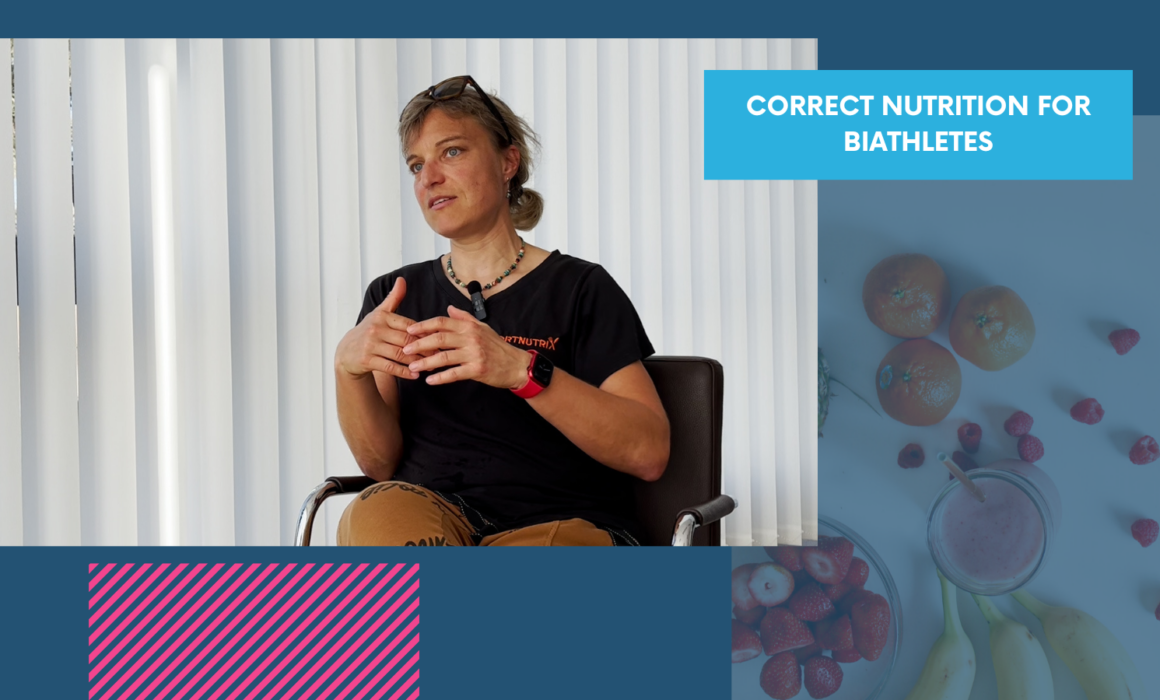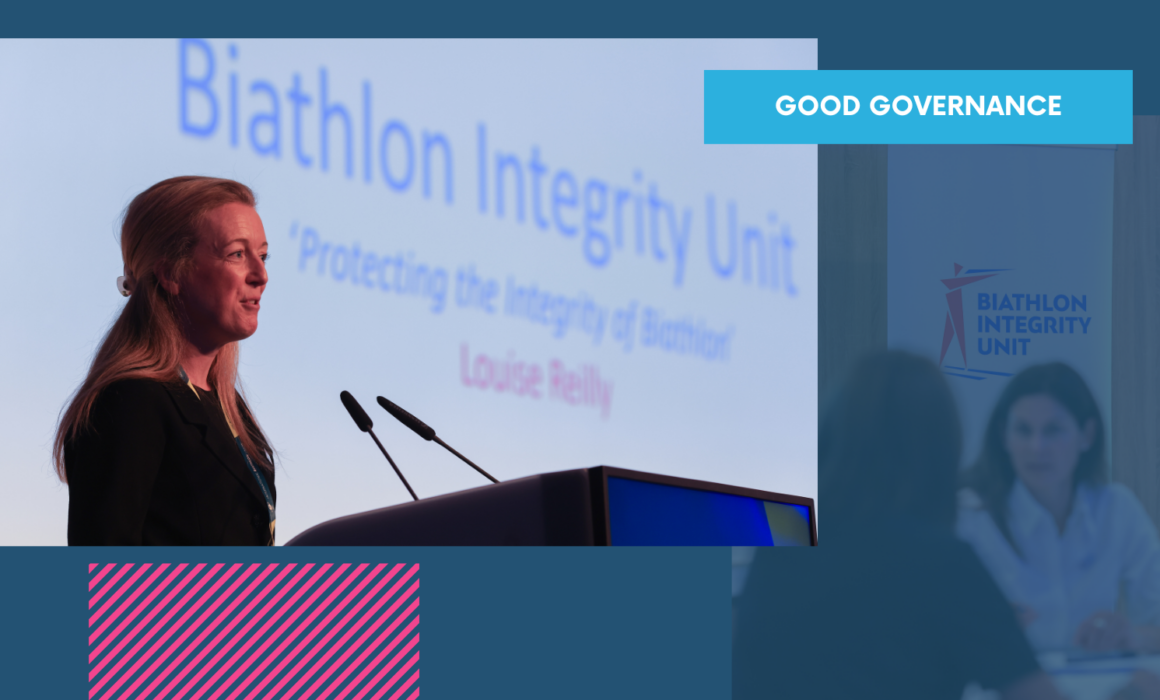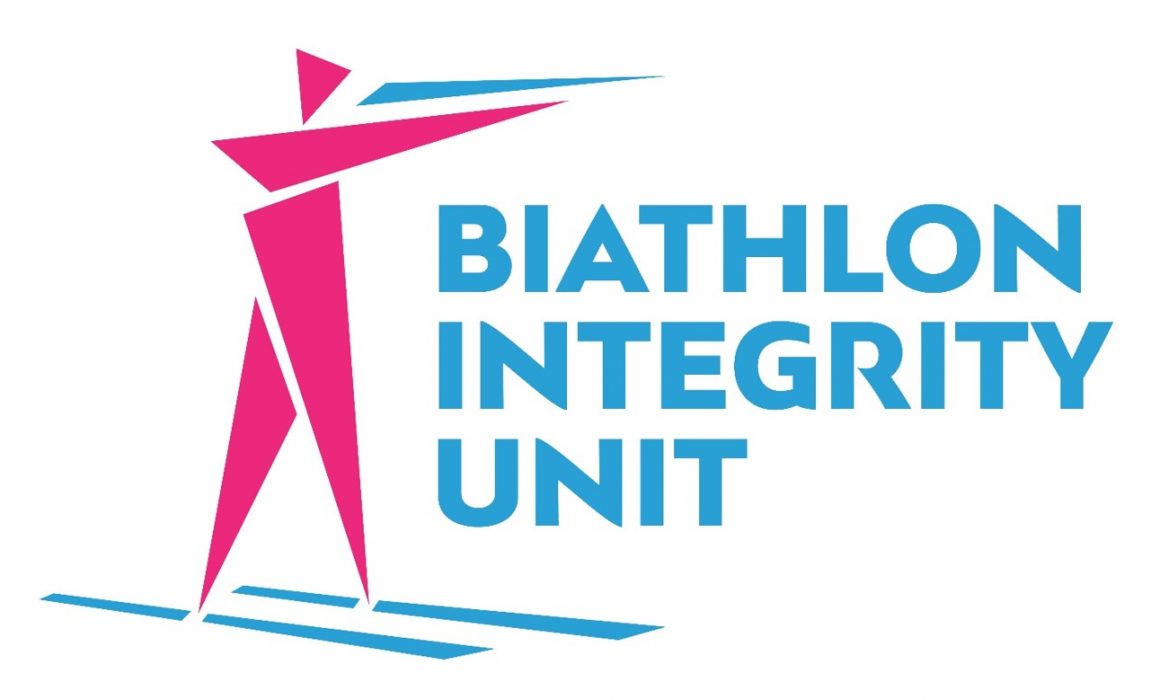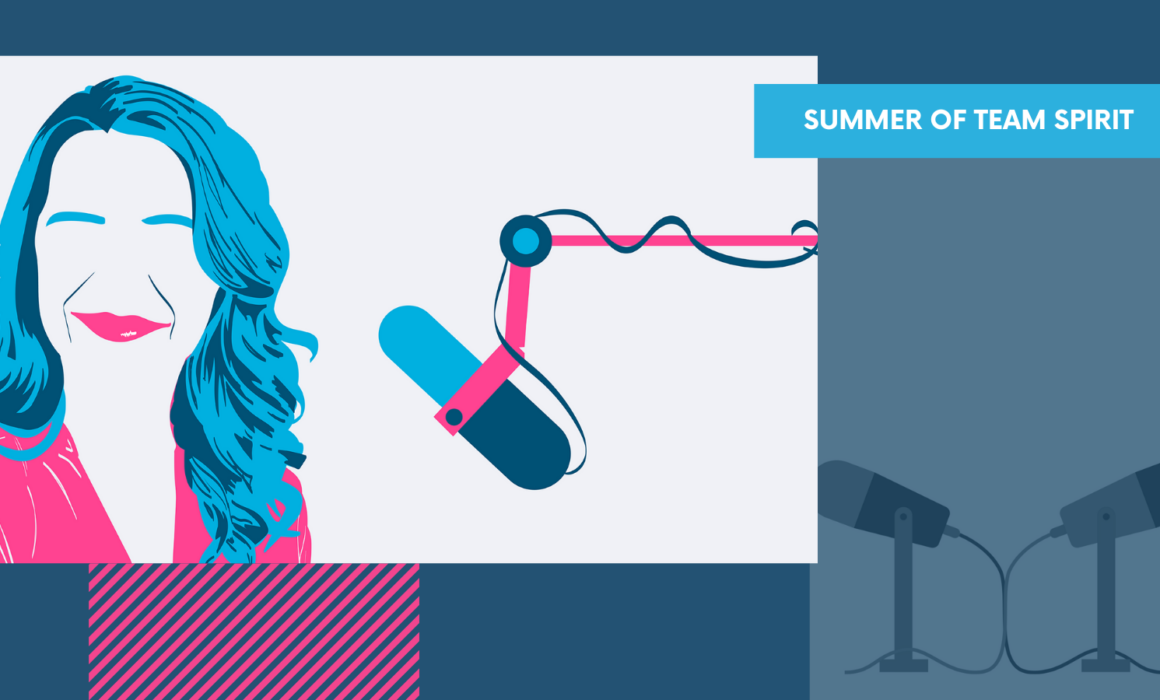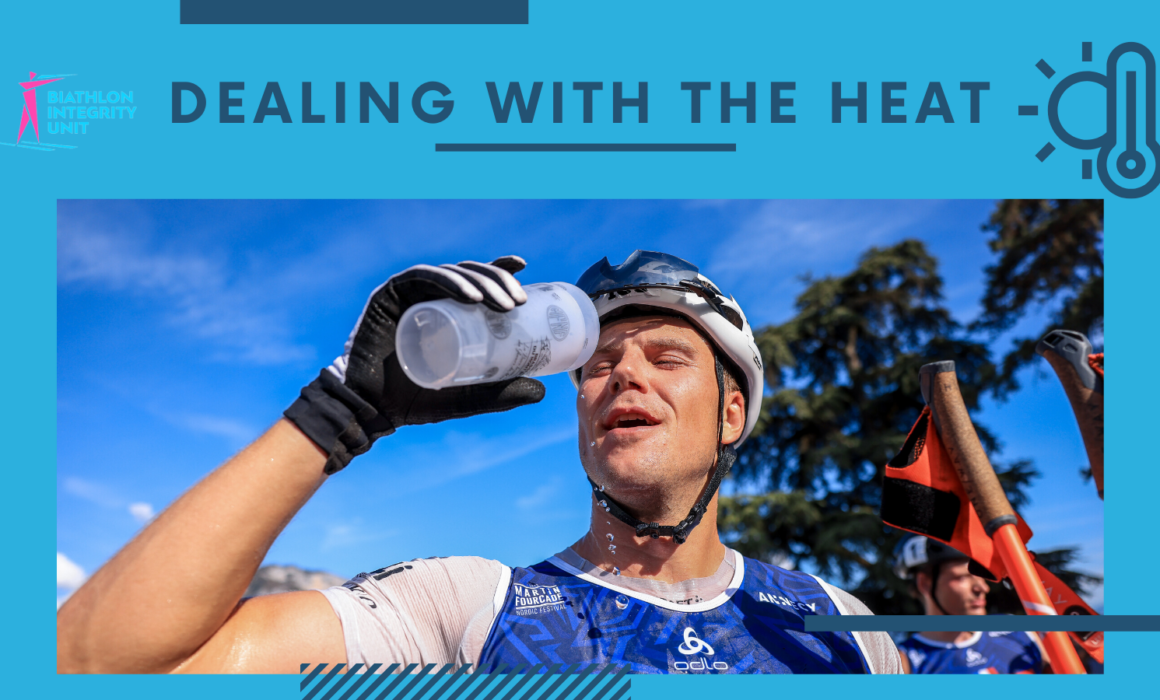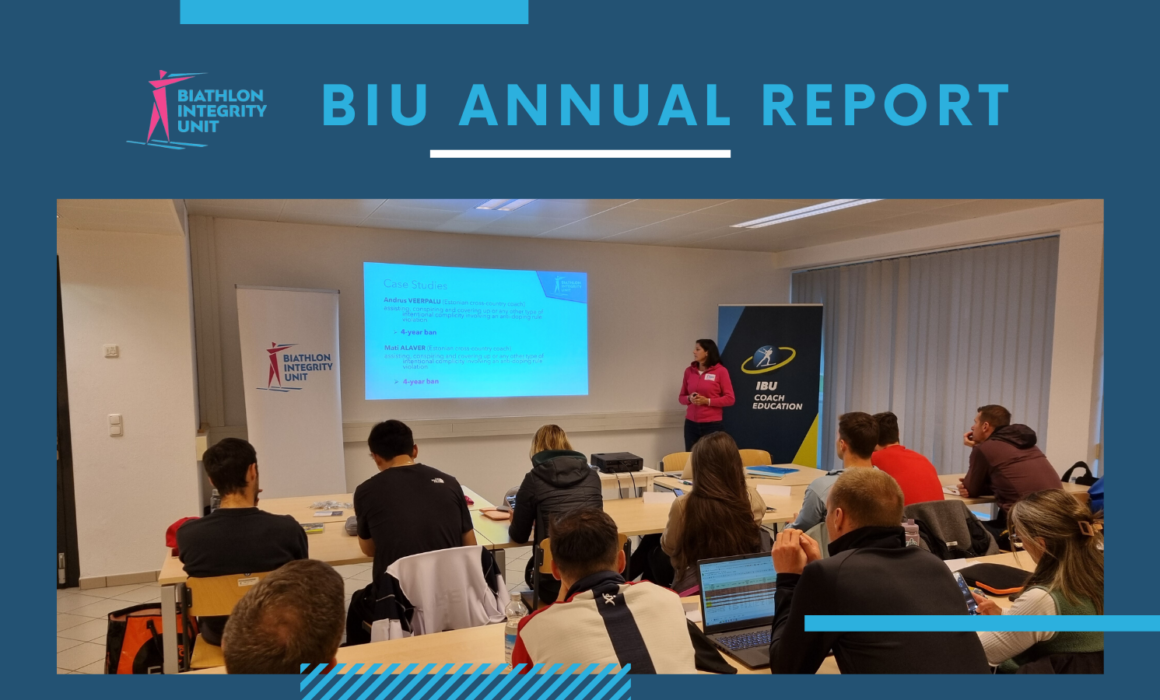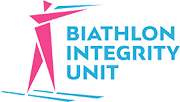The BIU at the IBU Congress
As a member of the Biathlon Family, it’s important that you know what YOUR Biathlon Integrity Unit (BIU) is doing. It would be great to meet and speak on a regular basis. However, we’re a small team and the world is a big place. So, we thought, why not write a short blog every month or two to update you on what we’ve been doing, enable you to put names to faces and allow you the opportunity to make comments or ask any questions.
The BIU’s autumn began with a trip to Belgrade, Serbia for the IBU Congress, which serves as a crucial gathering for setting strategic directions, electing committee members, and discussing advancements within the sport.
At this year’s Congress, we played an important supporting role. Alex Marshall, one of our independent Board Members, had the responsibility of overseeing the election for a new member of the IBU Technical Committee, ensuring a transparent and fair process. Additionally, as Head of the BIU, I presented an update on our initiatives and achievements since the last congress.
A significant highlight of our engagement during the Congress was our commitment to collaborate closely with the IBU to enhance governance across National Federations. To kick-start this effort, the BIU ran a governance workshop during the congress. This event was enriched by the valuable contributions of the Australian National Federation (thank you David Windsor, Chairman of Biathlon Australia), which shared exemplary governance practices that could be emulated by others.
This is just the start of our journey to assist National Federations in the sometimes-complex world of organisational governance. If you are part of a National Federation which requires some help with any aspect of your work, please do reach out. If we can’t help directly, I am sure we will know people who can!
Greg McKenna is Head of the Biathlon Integrity Unit
Email: [email protected]
Phone: +43 662 85 50 50 16



